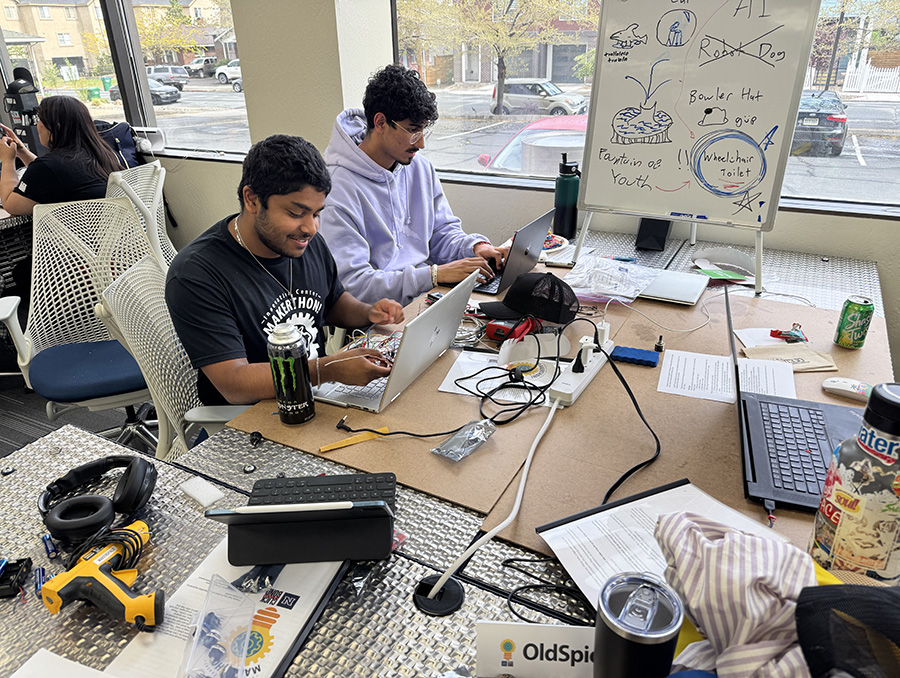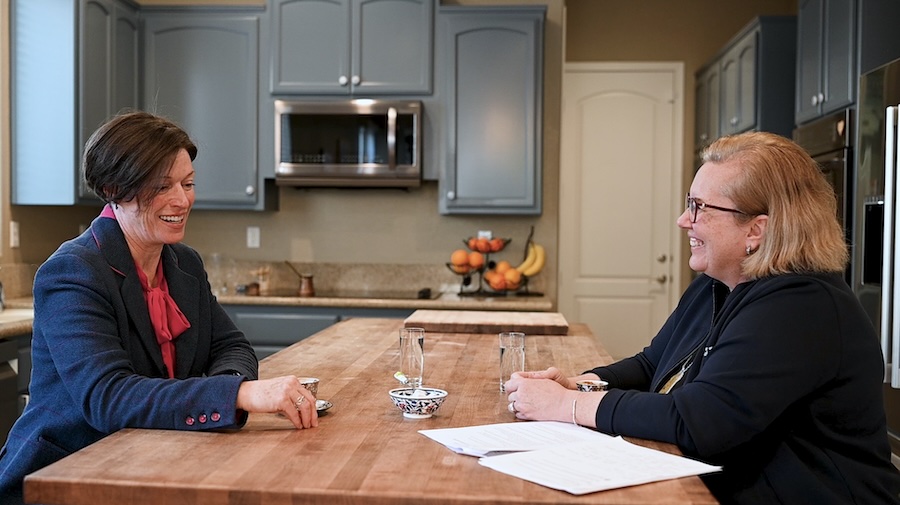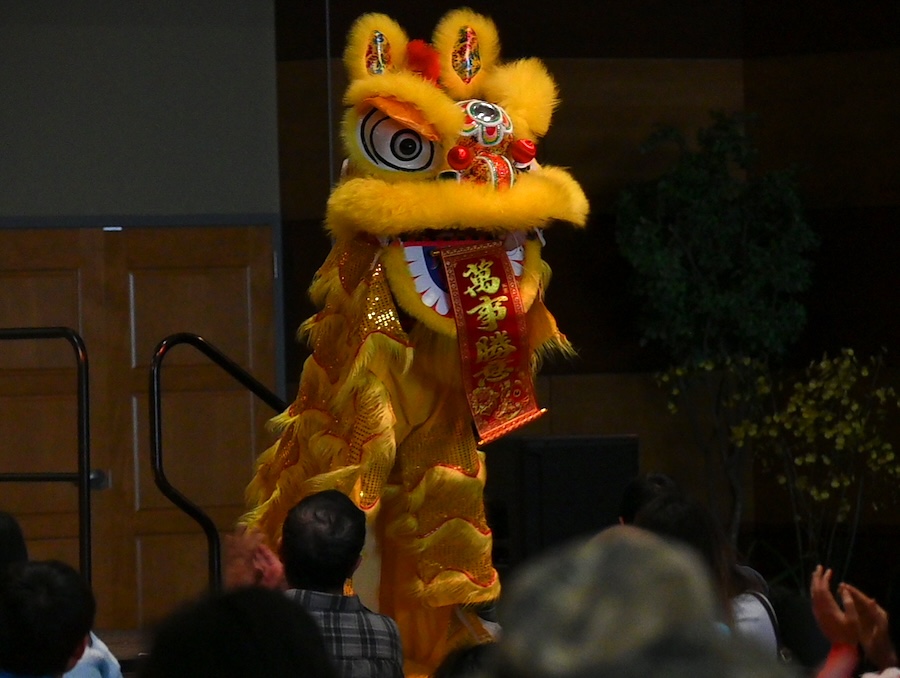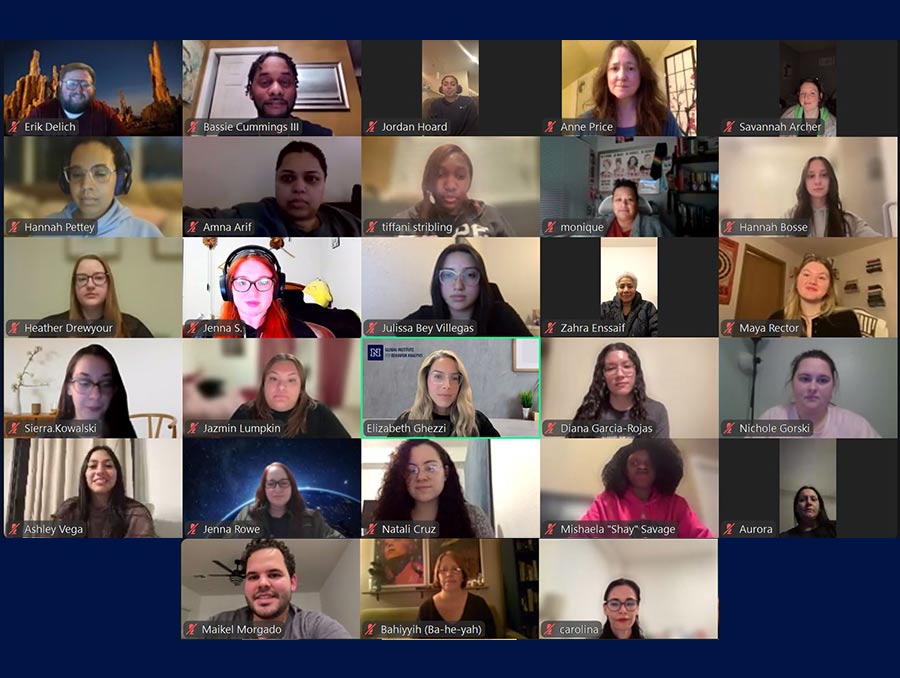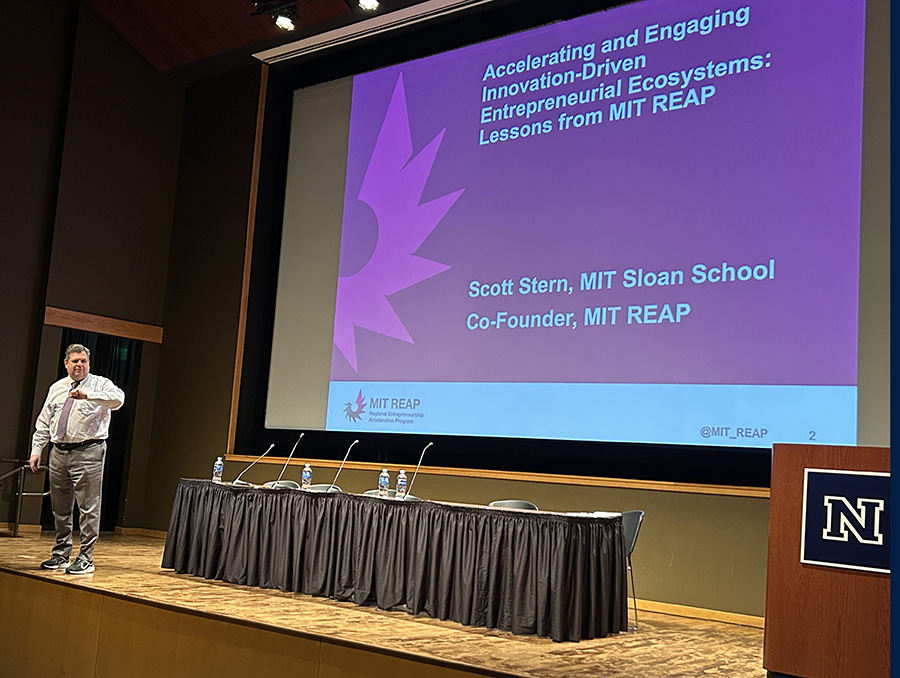Thomas Hunt, M.D., associate professor of family and community with the University of Nevada School of Medicine and Nevada program director for the Radiation Exposure Screening and Education Program (RESEP), is at the forefront of an effort to raise awareness about the need for cancer screening among people who lived near Nevada’s nuclear weapons testing facilities during the mid-20th century.
RESEP is a program of the Health Resources and Services Administration of the U.S. Department of Health and Human Services. It was established to:
- Identify and locate former Nevada Test Site workers and people living downwind of the site who were exposed to radiation from aboveground nuclear testing.
- Provide medical screening to facilitate early detection and treatment of cancer and other health hazards associated with radiation.
- Provide medical referral services to facilitate access to treatment.
- Educate the public on radiation-induced illnesses - including cancer.
- Assist eligible citizens to access the Radiation Exposure Compensation Act.
Individuals who may have been affected by radiation from above-ground nuclear blasts are known as “downwinders” who lived or worked near the Nevada Test Site, 65 miles northwest of Las Vegas, during parts of 1951-58 and 1962. During that timeframe, approximately 100 atmospheric nuclear explosions took place there.
Hunt said that many state residents have been diagnosed with cancers linked to radiation exposure, and hundreds more are scheduled to be tested this year. “Although many are aware of the increased cancer risk among downwinders, people still need to get their recommended screenings,” he said.
This is the first program in the state providing outreach to Nevada citizens affected by the nuclear testing of the 1950s and 1960s. The goal is to reach every person in the state of Nevada that was directly connected with above-ground nuclear testing and offer them screening and educate them on options that are available.
Under the Radiation Exposure Compensation Act (passed by Congress in 1990), people directly affected by federal nuclear weapons testing may be eligible for up to $75,000 in compensation. However, navigating the bureaucracy to access those funds can be quite confusing. For that reason, the Nevada RESEP Project Team will provide assistance.
In the initial year of the RESEP grant in 2005, Hunt said because of the distances involved, only a few people came to the Las Vegas clinic for screenings so in order to reach the target group, he hired an outreach coordinator and took the screening clinics on the road.
With clinical support from the University of Nevada School of Medicine, the Nevada RESEP team sets up one-day screening workshops in family medicine clinics and HRSA-supported health centers and hospitals across the state.
Over the current fiscal year, the Nevada RESEP plans to visit seven or eight offsite clinics, with at least three physicians scheduled to participate at each. Over the last three years, the Nevada RESEP has screened nearly 700 people. Of those screened, more than 35 had “compensable” cancer.
To be eligible for the screening, Nevada citizens must have direct ties to above-ground nuclear testing whether it be as an employee at the test site or a resident in a downwind county. Those eligible can call (702) 992-6887 or email nevadaresep@medicine.nevada.edu.




